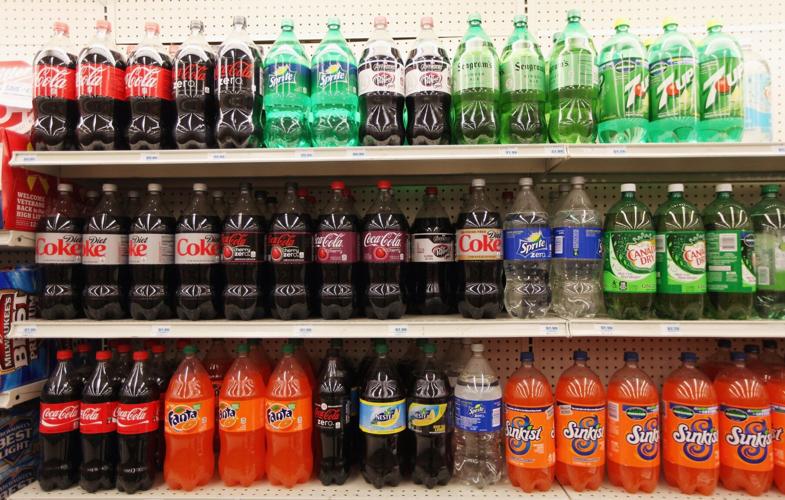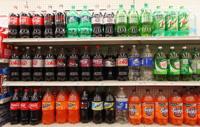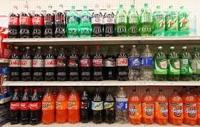Big Soda has gotten a big head start on pummeling the Bay Area with election season advertising.
In the last two weeks, San Franciscans’ mailboxes have received four — count ‘em — four separate mailings decrying a so-called “grocery tax” that “hurts hard working families in this community”. Most of these ads feature working class people of color who own or work at markets and cafes, and boy do they have forlorn, despairing and victimized looks on their faces.
“Politicians are trying to pass a Grocery Tax that hurts small business owners like me,” says Danielle Reed Reese of Queen’s Louisiana Po-Boy Cafe in one of these expensive looking, high-end glossy mailers.
There is not a Grocery Tax on the November ballot. There is, however, a Sugar Sweetened Beverage Tax on the ballots in San Francisco (Prop. V), Oakland (Measure HH) and Albany (Measure O1). Each of these measures proposes a one cent per ounce tax on the distribution of sugar-sweetened beverages like soda, sweetened iced tea and energy drinks.
The beverage industry has telegraphed their opposition strategy on this one. Their ads, also including TV spots, all feature grocers of various ethnicities handling healthy fresh fruits and vegetables and complaining how this “tax on groceries” will hurt their financially strapped communities. Some of these ads are in languages other than English, underscoring the supposed threat posed to ethnic communities of color.
That’s funny, because there are not many people of color on the executive leadership team of the American Beverage Association whose American Beverage Association California PAC provides the major funding for these ads and mailers.
The industry spent a whopping $10 million opposing a 2014 San Francisco soda tax that did not win the two-thirds majority required for passage. The city of Berkeley passed a soda tax that same year, and a recent study by the American Journal of Public Healthfound that consumption of sugar sweetened beverages decreased by 21% in Berkeley since the implementation of the tax.
That’s why the beverage industry is fighting the 2016 soft drink taxes hard, and depicting these measures as “grocery taxes” that will hurt working class and ethnic communities.
“It’s an incredibly painful and unethical lie,” Oakland Councilmember At-Large Rebecca Kaplan told the Huffington Post. “People worry about having to pay for their groceries. To threaten that their groceries are going to be taxed when it’s not true is a totally despicable tactic from the soda industry.”
But the industry may have a point. Unlike a cigarette tax or alcohol tax, the soda tax is technically levied on the distributors and not the consumers. But there is no real safeguard ensuring that the would not increase the costs of healthier groceries like produce, bread, or Gerber’s Baby Food.
“This tax is on the distributor,” Oakland mayor Libby Schaaf told KPIX. “It is not on the grocer, it is not on the consumer. We need to make sure that grocers are passing that tax on accordingly.”
But KPIX reporter Melissa Caen pressed the mayor, noting that there was nothing in the law preventing grocers from simply passing the tax on to the consumer.
Mayor Schaaf flashed that oh shit, you got me look and stammered, “I will get back to you on that.”











